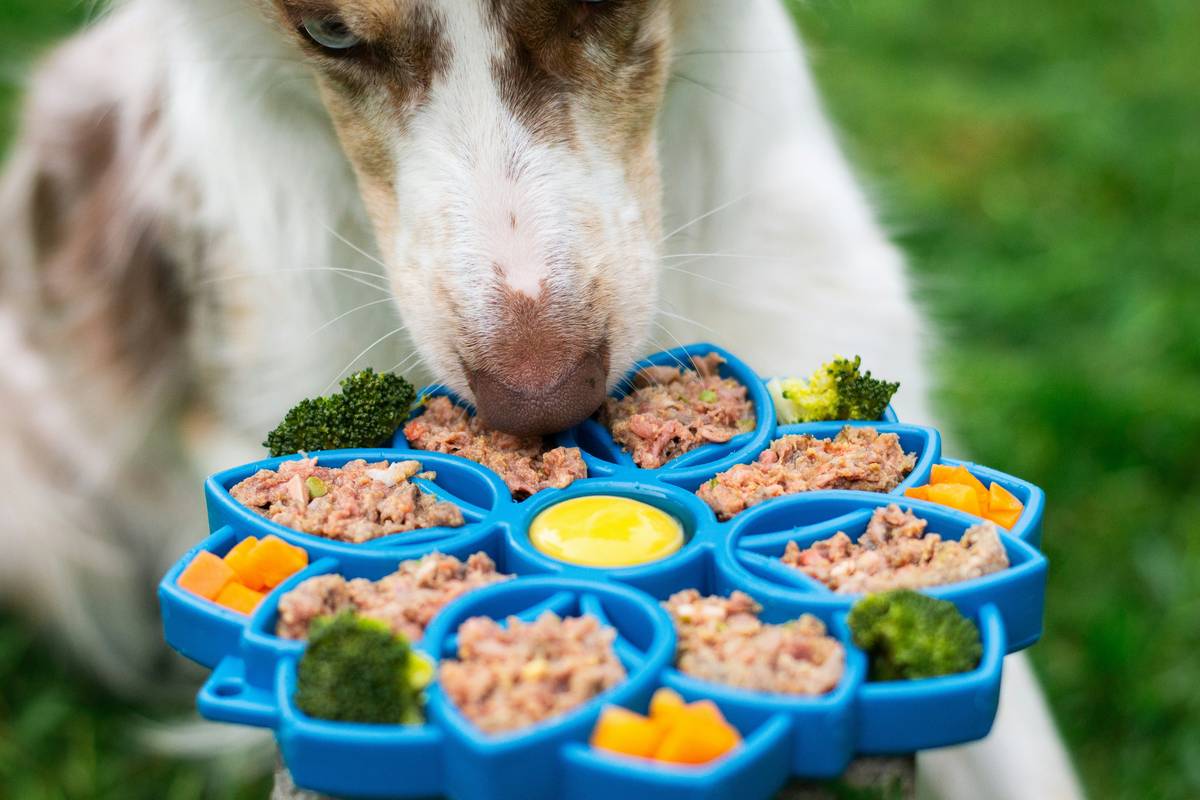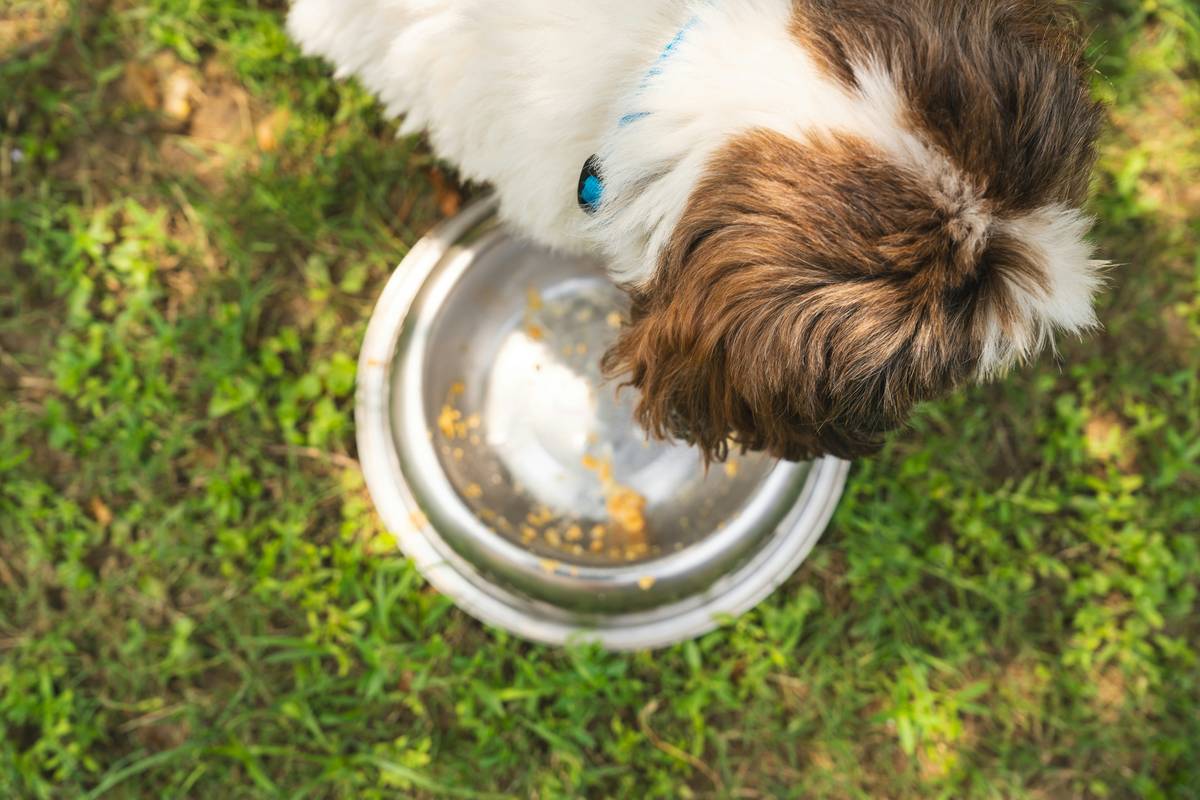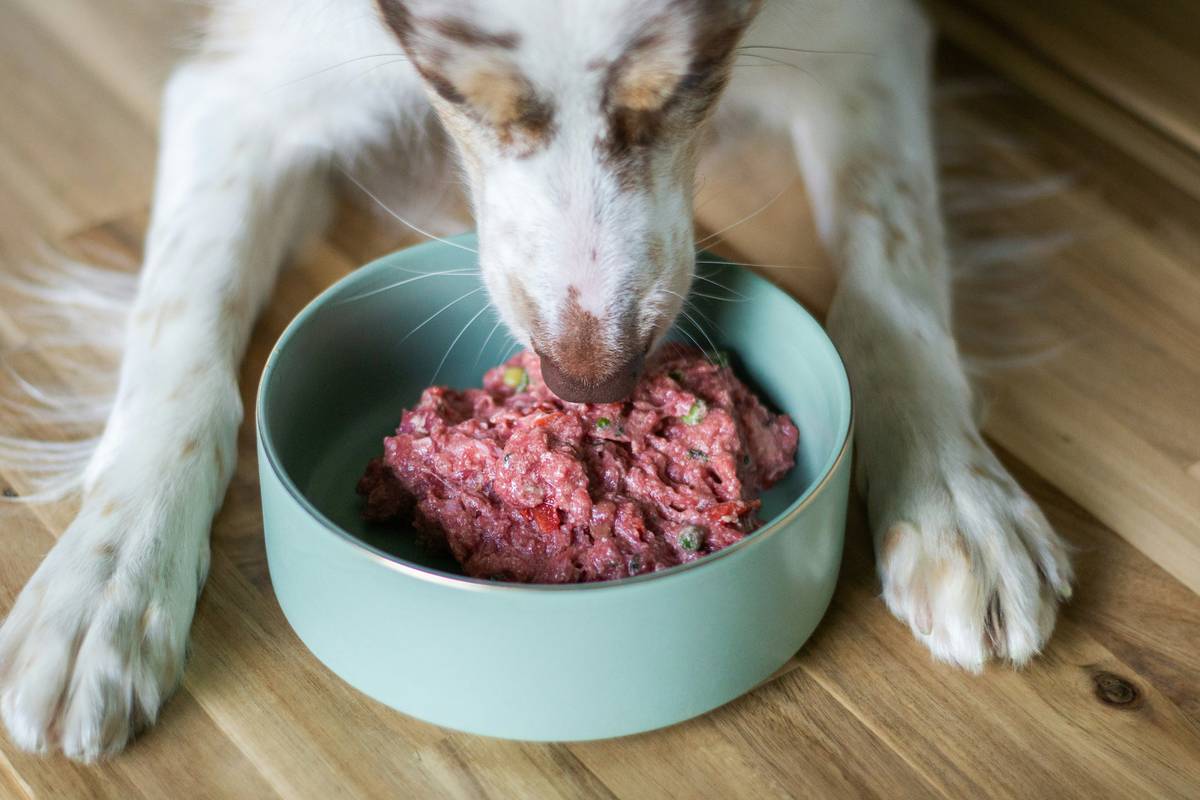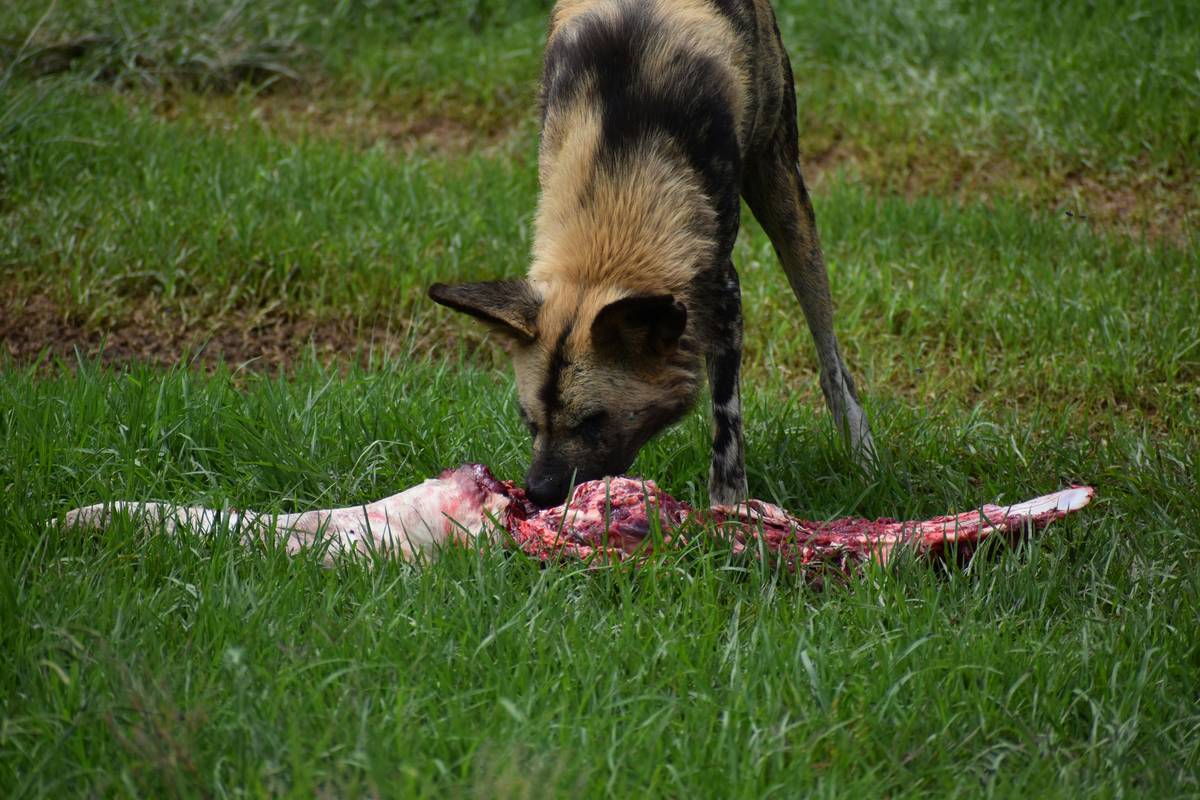Ever wondered why your hunting dog seems to hit a wall mid-training? Picture this: you’re out in the field, and just as the sun starts to rise over the horizon, your dog—the one you’ve spent months training—suddenly slows down. Is it fatigue, lack of motivation, or something else entirely? What if the secret weapon wasn’t more training hours but better fuel for their body? Welcome to the world of dog performance nutrition.
This post dives deep into specialized pet food tailored specifically for hunting dogs. You’ll uncover:
- The science behind dog performance nutrition.
- How to choose the right high-performance diet.
- Actionable tips and common pitfalls to avoid.
Table of Contents
- Key Takeaways
- Why Your Dog Needs Specialized Nutrition
- Step-by-Step Guide to Choosing Hunting Dog Food
- Best Practices for Feeding High-Performance Dogs
- Real-Life Examples of Success with Dog Performance Nutrition
- Frequently Asked Questions About Dog Performance Nutrition
Key Takeaways
- Dog performance nutrition is essential for maintaining energy levels during intense activities like hunting.
- High-quality protein, fats, and balanced carbohydrates are non-negotiable components of a hunting dog’s diet.
- Avoid cheap fillers and artificial additives that can harm long-term health.
Why Your Dog Needs Specialized Nutrition
Let’s get real here: hunting dogs aren’t couch potatoes. They’re athletes on four legs, burning through calories faster than most humans could ever imagine. I once made the rookie mistake of feeding my pointer the same generic kibble I bought for my lazy house cat. Big error. The poor pup was sluggish, had digestive issues, and seemed downright disinterested in training sessions.
Sensory overspill alert: Imagine running a marathon while eating nothing but stale bread and soda. Sounds miserable, right? That’s essentially what happens when we overlook dog performance nutrition.

Figure 1: A well-fed hunting dog excelling in its element.
Hunting dogs require diets rich in high-quality proteins (like chicken, beef, or fish), healthy fats for sustained energy, and complex carbs from sources like sweet potatoes or brown rice. These nutrients support muscle repair, endurance, and cognitive function—all crucial for optimal performance.
Step-by-Step Guide to Choosing Hunting Dog Food
Optimist You: “Oh great, another list. Follow these steps!”
Grumpy You: “Ugh, fine—but only if there’s coffee involved.” Let’s dive in anyway.
Step 1: Check the Protein Content
Look for foods with at least 25% protein derived from whole animal sources. This ensures your dog gets the amino acids needed for muscle development and recovery.
Step 2: Prioritize Healthy Fats
Fats provide slow-burning energy. Aim for formulas containing omega-3 fatty acids found in salmon oil or flaxseed, which also promote joint health and coat shine.
Step 3: Avoid Fillers and Artificial Additives
If the ingredient list reads like a chemistry experiment, run far away. Corn syrup, by-products, and artificial colors offer zero nutritional value and may cause allergies or other health problems.
Step 4: Adjust Portion Sizes Based on Activity Level
An active hunting dog will need significantly more calories than a sedentary companion. Consult your vet to determine the ideal daily caloric intake.
Best Practices for Feeding High-Performance Dogs
- Feed Before and After Exercise: Provide small meals pre-activity to prevent crashes. Post-exercise feeding allows muscles to recover effectively.
- Hydration is Non-Negotiable: Pair every meal with fresh water to keep electrolytes balanced.
- Rotate Proteins Occasionally: Switching up protein sources prevents boredom and ensures variety in nutrient profiles.

Figure 2: A satisfied dog enjoying a bowl of premium hunting dog food.
Real-Life Examples of Success with Dog Performance Nutrition
Here’s where things get interesting. Meet Max, a German Shorthaired Pointer who went from struggling to complete half-day hunts to leading full-day expeditions after switching to a specialized diet packed with lean proteins and anti-inflammatory supplements.

Figure 3: Max thriving under proper dog performance nutrition.
Sounds too good to be true? Spoiler—it isn’t. With careful attention to ingredients and portion control, even older dogs can experience renewed vigor.
Frequently Asked Questions About Dog Performance Nutrition
Q: How do I know if my dog needs specialized food?
A: Look for signs like decreased stamina, poor coat condition, or frequent injuries. If your dog spends significant time outdoors working hard, they likely benefit from enhanced nutrition.
Q: Can I mix regular kibble with specialized formulas?
A: Technically yes, but proceed with caution. Mixing dilutes the benefits of specialized food, making it less effective overall.
Q: Are grain-free diets better for hunting dogs?
A: Not necessarily. While some dogs thrive on grain-free options, others do best with grains included. Tailor choices based on individual tolerance rather than trends.
Conclusion
In summary, mastering dog performance nutrition is about much more than picking the fanciest bag off the shelf. It’s about giving your dog the tools—the nutrients—they need to excel naturally. Properly fueled hunting dogs not only perform better but live longer, healthier lives.
So go ahead. Upgrade your dog’s diet, watch them transform, and enjoy those moments in the field together. And remember: Like chasing squirrels, sometimes the simplest changes yield the biggest rewards.
P.S. Want a chuckle? Here’s your random haiku:
Bone broth bubbles up,
Protein powers paws forward,
Hunters win today.


